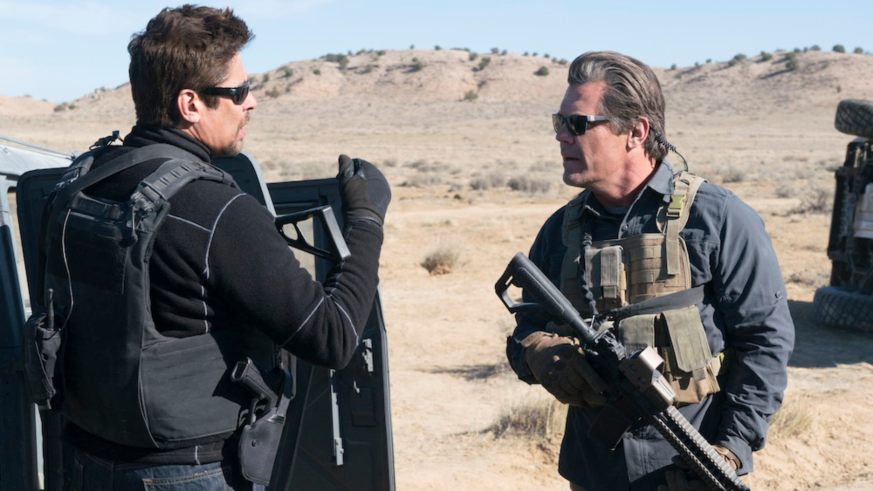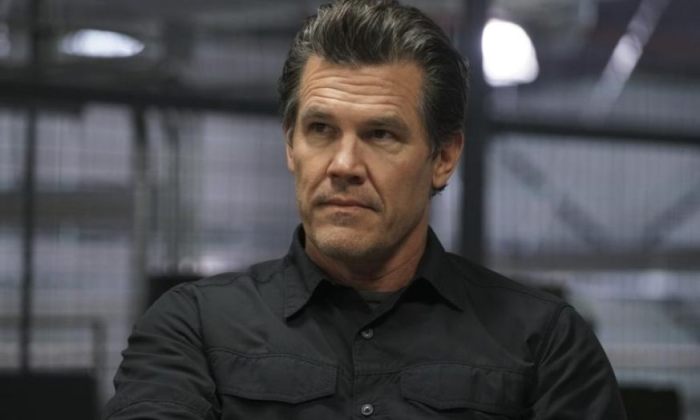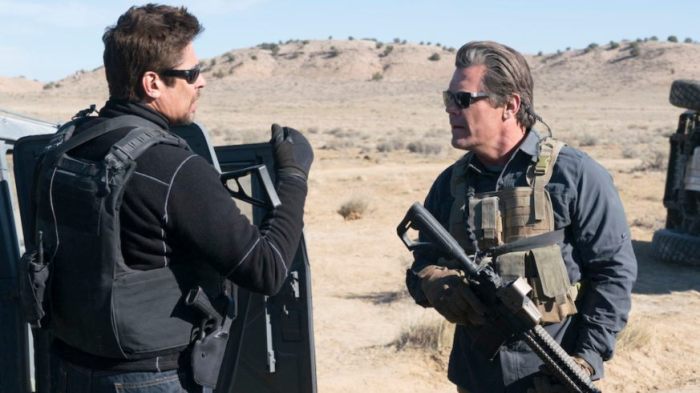The Italian filmmaker also opens up about following the original and playing with such morally ambiguous characters
Sicario was widely acclaimed as one of the best movies of 2015.
Denis Villeneuve’s taut yet rollicking direction of Taylor Sheridan’s intense script brought out the very best out of the esteemed Emily Blunt, Josh Brolin and Benicio Del Toro, while anything shot by cinematographer Roger Deakins is enough to instantly fall in love with, too.
That’s why it was so exciting when its follow-up “Sicario: Day Of The Soldado” was announced. And even though Emily Blunt and Denis Villenueve didn’t return, the combined presence of Josh Brolin and Benicio del Toro was more than enough to immediately entice.
Especially since in “Day Of The Soldado” Brolin’s FBI agent and Del Toro’s mysterious operative are tasked with orchestrating a war between America and the Mexican drug cartels after terrorists start to be smuggled over the border.
I recently had the chance to sit down and talk to its director Stefano Sollima, who spoke about his deep appreciation for the original, immediately falling in love with Taylor Sheridan’s script and playing with these morally ambiguous characters.
How did you first become involved in “Sicario: Day Of The Soldado”?
I was working on another project actually for Black Label Media. And then I knew from them that they were developing “Soldado,” so they showed me the first early draft of it. I fell in love with Taylor Sheridan’s script. I thought it was pretty close to everything I did before in my career and a great transition to a new world for me, Hollywood. So it was a good starting point.
How did you feel about trying to following the original “Sicario”?
I didn’t struggle with it, because I loved “Sicario.” I was so impressed by the movie. Which was pretty close to my vision for movie making. So for me to do any chapter I had to approach it as a stand alone. Meaning in the script, reputting together all the information you need to experience the movie even without having seen the first one. I asked the producer to not use anyone who was involved in the first movie. Because I felt like this script deserved to be approached as a stand-alone and unique movie.
What did you want to create with “Sicario: Day Of The Soldado” then?
I wanted to create a unique experience that goes just beyond making a sequel. As you know, “Sicario” was really well received by the critics. But it wasn’t “Fast And Furious.” So the idea of the producer was a little bit smarter to make a sequel of a successful movie. The original idea of Taylor Sheridan was to create three stories that are linked by the same characters, not all the characters, just some, set-up in the same world. I think it was part of the idea to go for putting together a crew with its own specifics that was of course different from the first one. This was to guarantee that the movie was another experience, with some of the same characters, but it is a stand-alone movie, so that was the process.
What was it like to have such morally ambiguous characters at your disposal?
Let me give you an example, in the first film you enter in the world by using as a filter Emily Blunt’s character. She is sort of the audience surrogate. The moral compass. Everything you see of the world of the first “Sicario” is seen from the point of view of Emily Blunt. Then of course she is constantly judging this world. The thin border that you have between law and criminality, sometimes in order to exercise the law you have to be a little bit criminal. So this one it wasn’t present in the script of “Soldado.” Because in “Soldado” you have the chance to know much better the two characters from “Sicario” in a completely different story. And this story gave us the opportunity to explore much, much, much deeper both characters. And this is the reason why I felt like the intention was to create a different kind of franchise.
You still use Isabela Moner’s character in that role from time-time, though, especially in one shoot-out scene in particular.
One of the most complex sequences on the page was the crazy shoot-out convoy. Because that scene has an incredible amount of characters and a lot of moving parts. But I felt the scene basically was interesting and important just for this one thing. Because it showed Isabela how crazy and violent the world she is living is. So I decided to make it a little bit more complicated on set by shooting it from her point of view for almost all the scene. There is a long track shot inside the Humvee so we could experience the shoot out through her eyes.
Do you think this is a political movie?
I think in the movie, and in the movies I have done, there is a political aspect to it. A good movie should entertain you, but should have you thinking a little bit about the world that surrounds you. It is not the main objective of the movie, but it is political in the sense that it speaks about us and the real world.
“Sicario: Day Of The Soldado” is released on June 29.















